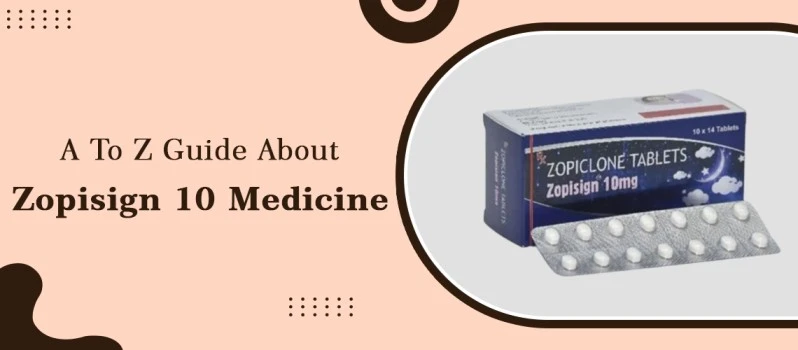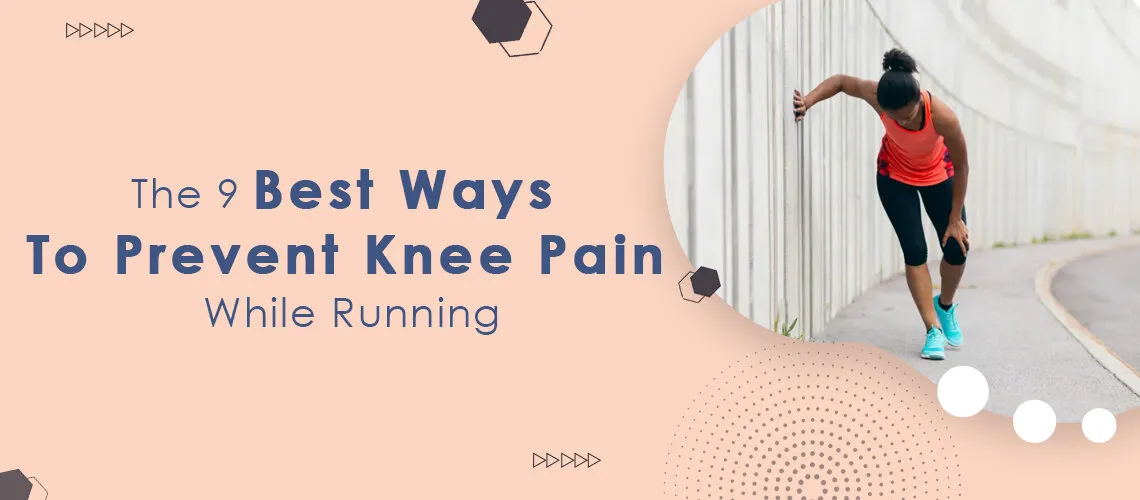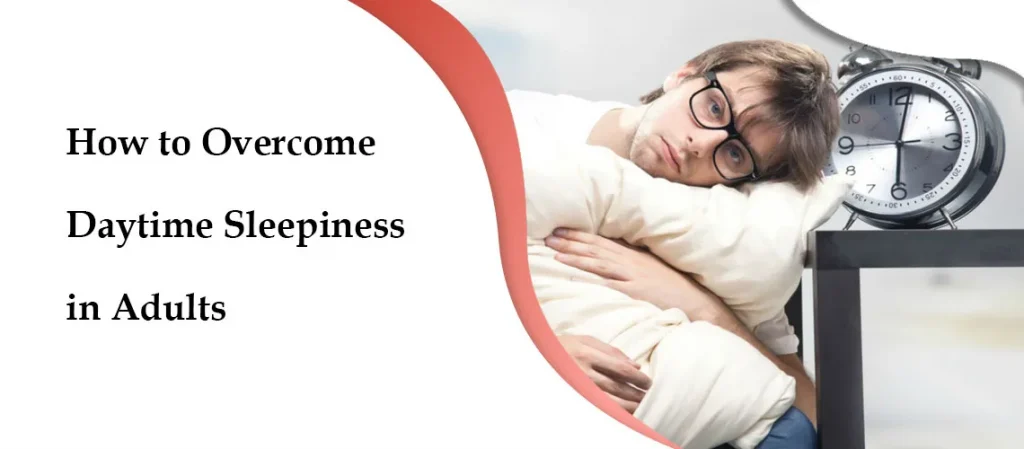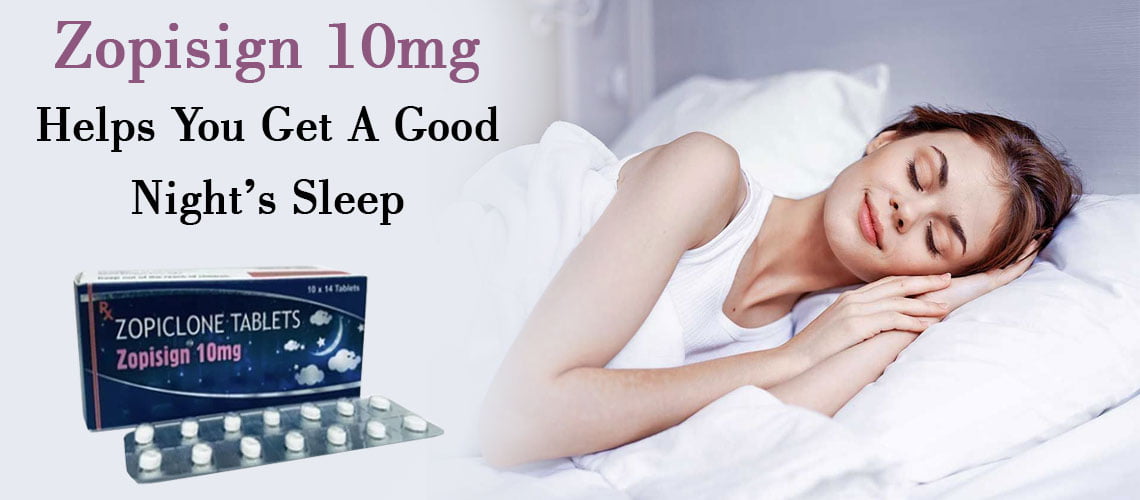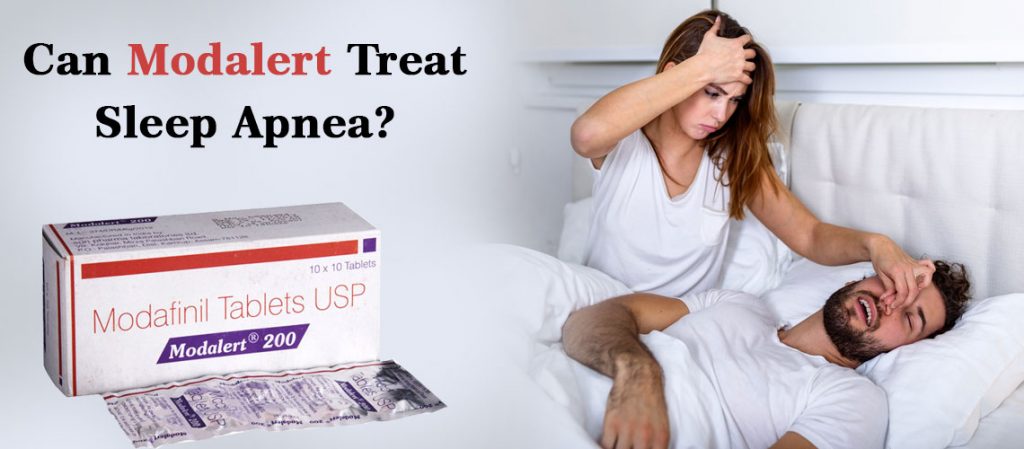What Are The Best Ways To Combat Parkinson’s Disease?

On this Page
The relationship between sleep and Parkinson’s disease (PD) is complex and appears to be a two-way street: Sleep disturbances are risk factors for cognitive decline, while cognitive decline can worsen sleep issues. People with Parkinson’s disease may also experience depression and anxiety, making sleeping more difficult.
According to the National Sleep Foundation, as many as two out of three people with Parkinson’s disease experience sleep problems. Some of the issues associated with Parkinson’s disease are indeed due to the disease itself. However, there are also instances where Parkinson’s disease medications may cause sleep disturbances or insomnia.
A person who has Parkinson’s disease often finds it difficult to get a good night’s sleep and adequate rest due to the physical symptoms of the disease. A sufficient amount of quality sleep can improve health and allow those with Parkinson’s disease to manage the disease daily better.
Some tips for coping with Parkinson’s insomnia
Before going to bed, avoid caffeine
Tea, coffee, chocolate, and cocoa are included in this category. It is important to check the label of soft drinks to determine whether they contain caffeine. You can feel more awake when you consume caffeine, which is a stimulant.
Its effects may last for three to four hours. At bedtime, caffeine can affect your body by increasing the time it takes you to fall asleep and making you sleep lighter and more restless. As well as limiting your intake of caffeine during the day, it is also important to limit your total intake.
Buy Modalert 200 Tablet may help you sleep better.
Drinking alcohol four to six hours before You should avoid bedtime
It is possible to feel sleepy after drinking alcohol. As the effects of marijuana wear off, we experience what is known as ‘withdrawal’, which has the opposite effect. The withdrawal effect of alcohol can cause restlessness and waking up during the night, even though it can help you get to sleep.
A further consequence of drinking alcohol at night is nocturia – waking up to use the bathroom, which disrupts sleep.
Do not exercise vigorously within two hours of going to bed
You can feel better physically and mentally if you engage in regular physical activity, such as daily walking. Exercise should be avoided within two hours of bedtime, as it may interfere with your ability to fall asleep.
It is recommended that you use Artvigil 150 Mg if you are seeking a medication that will assist you in getting a good night’s sleep immediately. During the daytime, it helps people with narcolepsy, obstructive sleep apnea (also known as hypopnea syndrome), and shift work sleep disorders to remain awake.
Establish a bedtime routine
It is imperative to establish a bedtime routine to ensure a good night’s sleep. Every night, before going to bed, try to do the same relaxing activities, whether taking a warm bath, reading a book, or watching television. Attempt to establish a regular sleep schedule by going to bed and waking up at the same time every day.
You should avoid sleep disturbances
It is best to avoid stimulants such as caffeine, alcohol, and nicotine for about an hour before going to bed. You should also limit the number of liquids you consume to prevent waking up in the middle of the night to use the restroom.
Provide a comfortable sleeping environment
A comfortable mattress and pillow are essential for a good night’s sleep. If you cannot afford a new mattress, consider purchasing a mattress topper that can help you sleep more comfortably. Ensure you don’t get caught in a draught when opening a window.
Keep your bedroom at a cool temperature. The bedroom should be used only for sleeping and romantic encounters. Getting some sleep is all about getting rid of work and study books, piles of laundry, the TV, electronic devices, and other non-sleep-related items.
Parkinson’s disease sleep problems
Depression and anxiety
There is a higher prevalence of depression and anxiety among people with Parkinson’s disease. There is a high prevalence of depression in people with Parkinson’s disease, either before or after their diagnosis, which can impact their sleep – either oversleeping or undersleeping.
The condition of insomnia, or difficulty falling asleep or staying asleep, is present in 30 to 80 percent of patients with Parkinson’s disease and is often associated with depression.
Disorders of the Circadian Rhythm
Parkinson’s disease can result in dementia and cognitive decline, affecting circadian rhythms. It is also known as sleep-wake cycle disorder and occurs when the body’s internal clock fails to signal us when it is time to sleep or wake.
Sleep Apnea
The National Heart, Lung, and Blood Institute defines sleep apnea as a condition in which your breathing stops and repeatedly restarts during sleep.
Several signs, including frequent urination, may indicate that a person suffers from sleep apnea. We often test for sleep apnea in sleep medicine if someone frequently visits the bathroom during the night, especially if they snore loudly. When someone is diagnosed with sleep apnea and treated for it, their sleep is likely to improve
RBD (REM sleep behavior disorder)
Putting your dreams into action. A person with RBD often kicks punches or yells while they are sleeping.
Some individuals get out of bed without realizing it. Doctors can prescribe treatment for RBD when it is dangerous or disruptive to a person or his or her sleeping partner. It is most commonly prescribed Klonopin (clonazepam) or melatonin (an over-the-counter hormonal supplement). Research on RBD is an active area of Parkinson’s disease research.
Final words
Pills4ever is an online pharmacy that offers sleep disorder and other disorder medicines at a reasonable price. It is believed that a better understanding of symptoms and better treatments are needed for both fatigue and sleep problems associated with Parkinson’s disease.
Several treatments are being tested, including medication, exercise, and non-invasive brain stimulation. In addition to drugs with new mechanisms of action, existing medications have never been evaluated for their safety and efficacy in patients with Parkinson’s disease.
